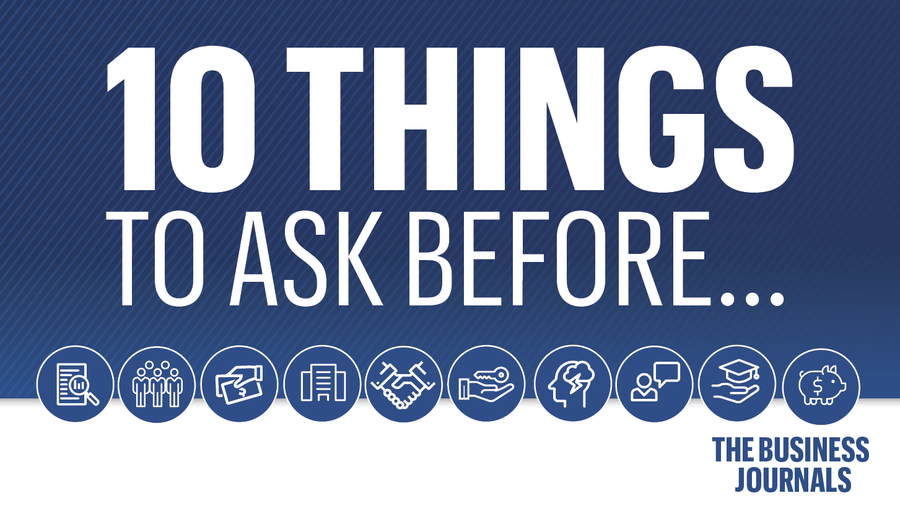Each day roughly 120 million people walk into a workplace somewhere in the United States. Within the past year, almost half of these workers personally witnessed some form of ethical misconduct, according to a recent survey conducted by the Washington, D.C.-based Ethics Resource Center (ERC).
We are not talking about workers being privy to the CFO committing fraud. More likely, it's someone who lied to a supervisor or handed in a false expense report. Listed below, according to the ERC study, are the five most frequently observed unethical behaviors in the U.S. workplace.
1. Misusing company time
Whether it is covering for someone who shows up late or altering a time sheet, misusing company time tops the list. This category includes knowing that one of your co-workers is conducting personal business on company time. By "personal business" the survey recognizes the difference between making cold calls to advance your freelance business and calling your spouse to find out how your sick child is doing.







From choosing an accounting firm to selecting an MBA program, here are 10 things to consider before you make important choices for your business and your career.
2. Abusive behavior
Too many workplaces are filled with managers and supervisors who use their position and power to mistreat or disrespect others. Unfortunately, unless the situation you're in involves race, gender or ethnic origin, there is often no legal protection against abusive behavior in the workplace. To learn more, check out the Workplace Bullying Institute.
3. Employee theft
According to a recent study by Jack L. Hayes International, one out of every 40 employees in 2012 was caught stealing from their employer. Even more startling is that these employees steal on average 5.5 times more than shoplifters ($715 vs $129). Employee fraud is also on the uptick, whether its check tampering, not recording sales in order to skim, or manipulating expense reimbursements. Ethical alert: The FBI recently reported that employee theft is the fasting growing crime in the U.S. today.
4. Lying to employees
The fastest way to lose the trust of your employees is to lie to them, yet employers do it all the time. One of out every five employees report that their manager or supervisor has lied to them within the past year.
5. Violating company internet policies
Cyberslackers. Cyberloafers. These are terms used to identify people who surf the Web when they should be working. It's a huge, multi-billion-dollar problem for companies. A survey conducted recently by Salary.com found that everyday at least 64 percent of employees visit websites that have nothing to do with their work. Who would have thought that checking your Facebook page is becoming an ethical issue?
The good news from the ERC study is that most American workers and employers do the right thing. The survey reveals that most of us follow our company's ethical standards of behavior, and we are willing to report wrongdoing when we see it (unless it's the company's Internet use policy). But for those of us who track ethical behavior in the workplace, there are some troublesome trends in the ERC survey. The percentage of employees who experienced some form of retaliation for reporting non-ethical behavior climbed from 15 percent to 22 percent. Confidence in the ethics of senior leaders declined from 68 percent to 62 percent. When it comes to the ethical workplace, we may be on a downward shift.
What do you think? Can companies do more to create an ethical culture that goes beyond mere compliance? Email me with your own perspective.
Dr. Arthur J. Schwartz is executive director of the Oskin Leadership Institute at Widener University. He is widely-known for his research on the nature of courage and is editor of the forthcoming book Developing Ethical Leaders. Are you facing an ethical dilemma in the workplace and need sound, moral guidance? Email Dr. Schwartz at aschwartz@widener.edu. Your situation may be featured in a future installment of The Ethical Workplace. Your identity, and that of your employer, will not be revealed in the column, and will be held in the strictest confidence.
